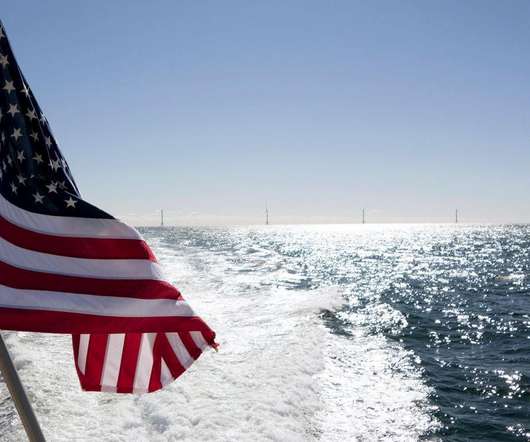NSF announces $55M toward national research priorities; intersection of food, energy and water systems
Green Car Congress
AUGUST 22, 2016
Montana State University. The team, which includes researchers from Montana, Wyoming and South Dakota, seeks to identify a framework of carbon mitigation strategies that would minimize conflicts with food security and clean energy production priorities. Murray State University. University of Southern Mississippi.












Let's personalize your content